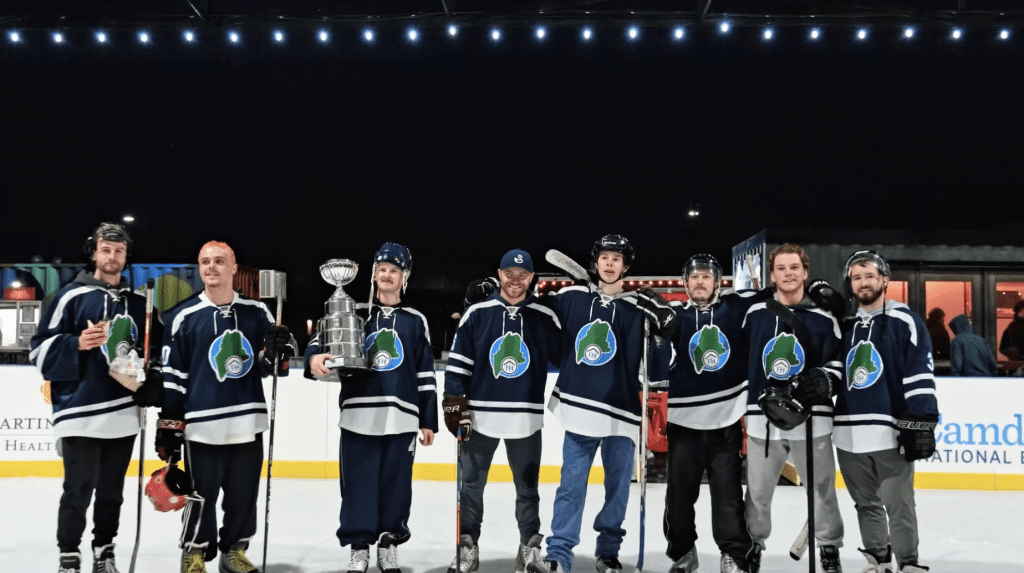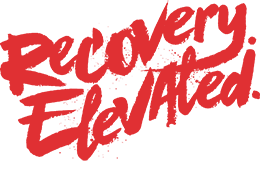The Crucial Role of Experiential Activities, Challenge, and Competition in Treating Young Men

Over the last 20+ years, we have seen firsthand how the approach and practices to help young men carve out a pathway to recovery have evolved. Beyond traditional talk therapy, there’s been a growing recognition of the role that experiential learning, challenge, and competition play in the therapeutic process. Young men tend to express and process their emotions differently, and they are particularly responsive to hands-on experiences that engage both their minds and bodies.
Experiential Learning
A Hands-On Approach to Healing
Experiential activities—those that engage individuals in hands-on, real-world tasks—are increasingly recognized for their effectiveness in treating mental health, especially in programs tailored for men. Research emphasizes (and experience has taught us) that men often express and process their emotions and experiences differently, with a greater tendency to thrive in action-oriented settings. In the context of treatment, these activities provide a safe and controlled environment for clients to explore their boundaries, confront their fears, and practice new skills. At Foundation House, we integrate a variety of experiential activities into our programming, from outdoor adventures like hiking and kayaking to creative pursuits like music and art workshops. These activities don’t just fill out the weekly schedule; they are therapeutic tools that offer a tangible way for young men to articulate their feelings, understand their behavioral patterns, and build a sense of accomplishment and self-efficacy.
Challenge
The Crucible of Self-Discovery
The notion that young men need to face and overcome challenges is not new, but its application in therapeutic settings is a nuanced art and a key driver of male psychological development. The process of doing so instills a sense of responsibility, sharpens problem-solving skills, and fosters a growth mindset, all of which are vital for successful recovery. At Foundation House, challenges are woven into the fabric of our treatment model. We believe in pushing our clients beyond their comfort zones, whether through physical challenges, academic endeavors, vocational pursuits or therapeutic assignments. These challenges are designed to mirror the complexities of the outside world and prepare clients for life’s inevitable ups and downs.
Competition
Fostering Bonds Through Healthy Rivalry
Competition might seem antithetical to the cooperative spirit of recovery, but when managed correctly, it can be a powerful tool for bonding and self-improvement. Healthy competition stimulates the brain’s reward centers, promotes social bonding, and enhances self-esteem. In a treatment setting, structured competitive activities can help clients learn about teamwork, leadership, and fair play. We see this every week in our athletic leagues, wilderness programming and group activities that continually deliver on building a sense of belonging and collective achievement. Healthy competition is about setting goals, achieving them, and feeling the rush of success. The process cements the idea that you can overcome challenges and build the life you desire.
Final Thoughts
An Example of Moving Beyond Conventional Recovery
The integration of these more dynamic approaches—experiential learning, challenge, and competition—into the treatment setting must be both deliberate and delicate. For young men struggling with mental health or substance abuse, these aren’t nice-to-haves; they are central to building a healing environment that resonates with the male psyche.
To see an example of this dynamic at work and hear our Program Director, Dan Schmader, talk about this very topic, watch the video below of our Ice Hockey Championship game from just a few weeks ago. An event like this is the perfect example of how these ideas come together. To the average viewer, this doesn’t look like treatment. There are no comfy couches, no therapists listening attentively, and no division between client and staff. What you see is an environment designed to give young men a sense of excitement, challenge, and competition. You see individuals becoming a community, and the deep breath that accomplishment and a warm meal together can deliver. These are the moments that make the difficult ones worth it. This is the payoff. Once young men get a taste of what this feels like and what it’s like to be a part of a community like this, there’s no going back.





